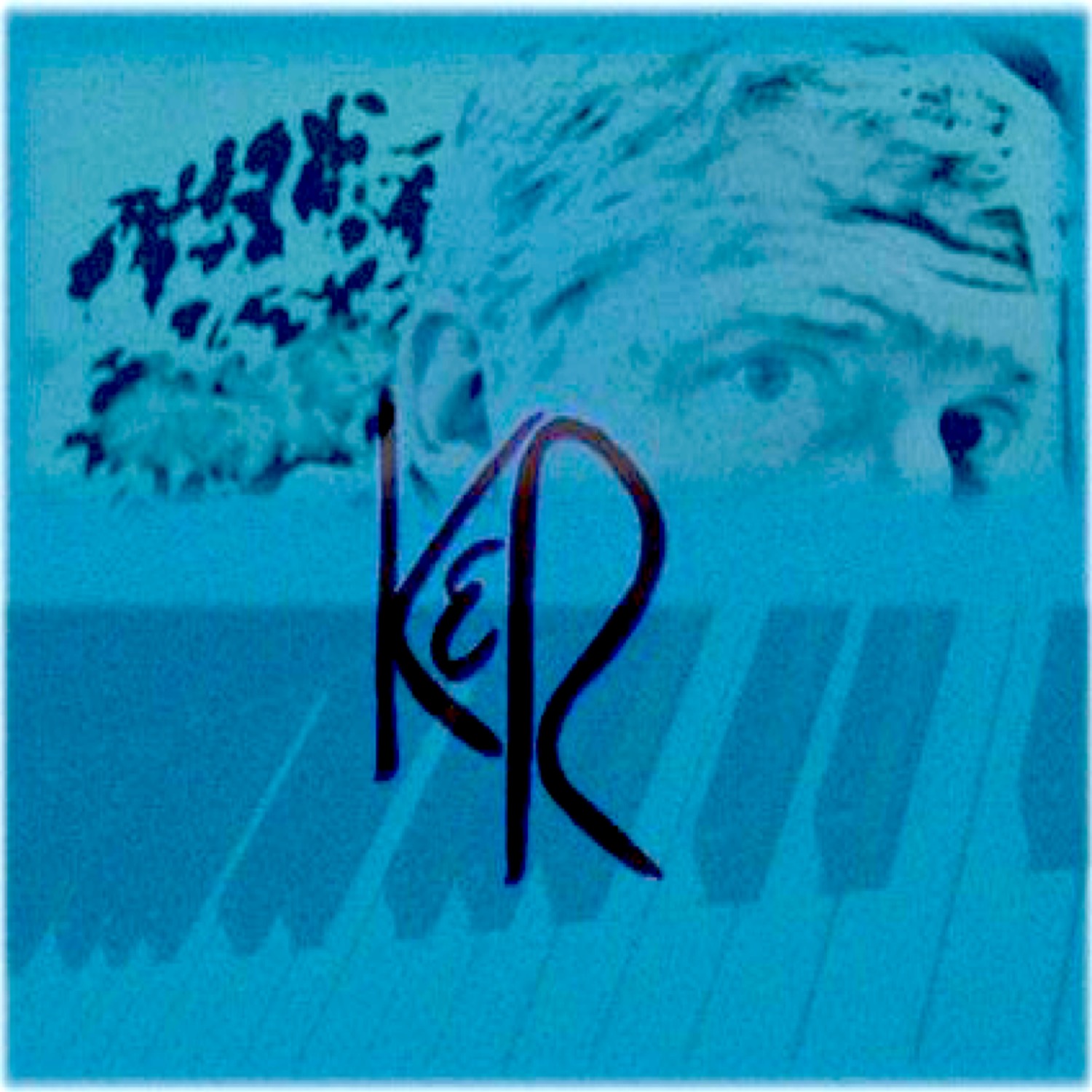Episodes

Monday Mar 07, 2022
0307 THE BELOVED PHYSICIAN
Monday Mar 07, 2022
Monday Mar 07, 2022
THE BELOVED PHYSICIAN
There are a couple of extra things we know about Luke the gospel writer that we have not yet explored. One is that he was “the beloved physician,” according to Paul in Colossians 4:14. There are small details that Luke includes here and there in his account of Jesus that give hints of a physician’s perspective.
Most people, especially in antiquity, become physicians because their thinking leans strongly toward two things: compassion and cure. Luke shows in subtle ways that he cared about people, their suffering, their feelings and their health. He also uses terms that are specific to medical people in those days. For example, today, most of us might say someone “has a fever,” while an insider to medical terms might say something about “pyrexia” or a “transient elevation in body temperature.” So we find Luke using those kinds of terms here and there in his writing. Let’s take a look at some of them.
22:45 “. . . the disciples . . . sleeping for sorrow . . ..” Luke compassionately addresses some of the reason as to WHY the disciples were sleeping. He sympathetically notes that sorrow can contribute to sleepiness.
22:51 “Jesus . . . touched his ear and healed him.” Peter cut off a man’s ear, but Jesus touched that ear and healed him. That’s a detail that the physician notes.
13:11-13 “. . . there was a woman who had a disabling spirit for eighteen years. She was bent over and could not fully straighten herself. When Jesus saw her, he called her over and said to her, “Woman, you are freed from your disability.” And he laid his hands on her, and immediately she was made straight, and she glorified God.”
Luke notes that she had an infirmity (astheneias) and includes the patient’s history of having it for "eighteen years." He diagnoses her condition of a curvature of the spine (sugkuptousa), adding that she was not able fully straighten herself. Jesus tells her “you are freed” (apolelusai), using the ancient Greek medical term for relaxing tendons and membranes and for taking off bandages.
10:33-34 “But a Samaritan . . . had compassion . . . bound up his wounds, pouring on oil and wine . . . and took care of him.” Luke uses a first aid term for binding up wounds, including the medicinal use of oil and wine.
4:38 “Simon’s mother-in-law was ill with a high fever . . ..” While Matthew and Mark both also refer to her fever, Luke uses a term that was used by medical professionals (sunechomene pureto megalo).
5:12 “While he was in one of the cities, there came a man full of leprosy.” The other gospel writers say that the man had leprosy, but Luke gives the detail that he is “full” of leprosy. It’s an advanced stage of leprosy, as a doctor would note.
5:18 “. . . a man who was paralyzed . . ..” The other writers call him a paralytic, but Luke rightly diagnoses that he was a man who had a condition, not that he was the condition that he had.
8:27 “a man . . . who had demons. For a long time he had worn no clothes, and he had not lived in a house but among the tombs.” Luke includes the detail that a man who is not in his right mind will not be doing self-care, such as wearing clothes and living in a house.
8:43-44 “a woman who had had a discharge of blood for twelve years, and though she had spent all her living on physicians, she could not be healed by anyone. . . . immediately her discharge of blood ceased.” Luke makes note that physicians had been unable to heal her. And when she was healed, he uses the precise medical term used for the stoppage of bodily discharges.
6:6 “a man was there whose right hand was withered.” Luke notices that it was specifically the man’s right hand.
24:22 “Did not our hearts burn within us as he talked . . . and explained the Scriptures to us?” Another little detail that seems like a psychological nuance of what they said that they felt.
So, that is our friend, Luke, the beloved physician.
A side note: Luke gave up the comfortable life of a physician to travel with Paul and research the workings of the Spirit and preach and pray for healings.Yet, in spite of being so familiar with so many miraculous healings, Luke continued to be known as a physician. Science and faith were not at odds for him. In other words, the solution for everyone is not just “read your Bible and pray and all will be well.” Sometimes you need to go to a doctor, or see a therapist, or in some other way find practical help. Mary and Martha are both important to the team. And those who work for the cure are as vital as those who pray for the miracle.
But I guess it’s not a surprise that he would become a follower of the Great Physician.
May God bless those practical heroes of our generation, the modern-day Lukes, the “beloved physicians.”


Comments (0)
To leave or reply to comments, please download free Podbean or
No Comments
To leave or reply to comments,
please download free Podbean App.